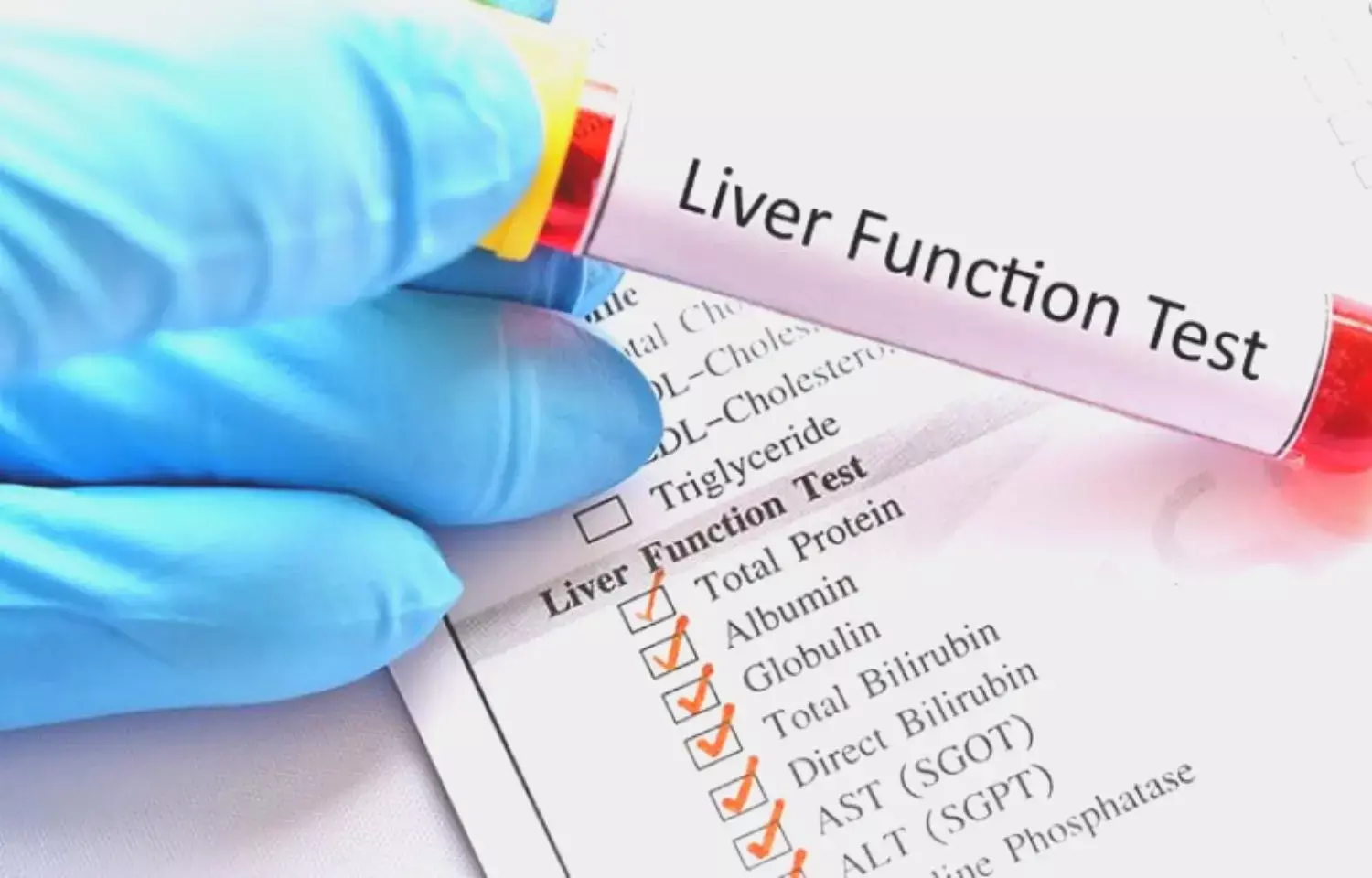- Home
- Medical news & Guidelines
- Anesthesiology
- Cardiology and CTVS
- Critical Care
- Dentistry
- Dermatology
- Diabetes and Endocrinology
- ENT
- Gastroenterology
- Medicine
- Nephrology
- Neurology
- Obstretics-Gynaecology
- Oncology
- Ophthalmology
- Orthopaedics
- Pediatrics-Neonatology
- Psychiatry
- Pulmonology
- Radiology
- Surgery
- Urology
- Laboratory Medicine
- Diet
- Nursing
- Paramedical
- Physiotherapy
- Health news
- Fact Check
- Bone Health Fact Check
- Brain Health Fact Check
- Cancer Related Fact Check
- Child Care Fact Check
- Dental and oral health fact check
- Diabetes and metabolic health fact check
- Diet and Nutrition Fact Check
- Eye and ENT Care Fact Check
- Fitness fact check
- Gut health fact check
- Heart health fact check
- Kidney health fact check
- Medical education fact check
- Men's health fact check
- Respiratory fact check
- Skin and hair care fact check
- Vaccine and Immunization fact check
- Women's health fact check
- AYUSH
- State News
- Andaman and Nicobar Islands
- Andhra Pradesh
- Arunachal Pradesh
- Assam
- Bihar
- Chandigarh
- Chattisgarh
- Dadra and Nagar Haveli
- Daman and Diu
- Delhi
- Goa
- Gujarat
- Haryana
- Himachal Pradesh
- Jammu & Kashmir
- Jharkhand
- Karnataka
- Kerala
- Ladakh
- Lakshadweep
- Madhya Pradesh
- Maharashtra
- Manipur
- Meghalaya
- Mizoram
- Nagaland
- Odisha
- Puducherry
- Punjab
- Rajasthan
- Sikkim
- Tamil Nadu
- Telangana
- Tripura
- Uttar Pradesh
- Uttrakhand
- West Bengal
- Medical Education
- Industry
Serum NO levels predict outcomes of patients with Acute-on-chronic liver failure: Study

Acute-on-chronic liver failure (ACLF) patients may be classified as high-risk or low-risk based on serum nitric oxide (NO) levels at the time of hospitalization, says an article published in International Journal of General Medicine.
Acute-on-chronic liver failure is described as acute worsening of liver function in chronic liver disease patients, and it is associated with multiorgan failure and high short-term death rates. Fewer than half of individuals with acute-on-chronic liver failure recover spontaneously, and ACLF is linked with a significant mortality rate in the absence of liver transplantation. Nitric oxide is involved in the pathophysiology of a number of liver illnesses. As a result, Fei Wang and colleagues undertook this investigation to see if blood NO levels might be utilized as a biomarker to predict the severity and prognosis of ACLF patients.
For this study a retrospective cohort of 120 ACLF patients, as well as normal and cirrhotic controls, was studied between January 2018 and September 2020. A commercial ELISA kit was used to quantify blood NO levels, and a Kaplan-Meier survival analysis was performed.
The key findings of this study were:
1. Serum NO levels in ACLF patients were substantially greater than in normal and cirrhotic controls.
2. The blood NO level, as well as the Model for End-stage Liver Disease (MELD) score, were found to be an inexpensive, easily accessible, and substantial independent predictor of mortality in multivariate analysis.
3. A blood NO level of more than 53.5 mol/L was related to a substantial increase in the probability of death or liver transplantation in ACLF patients.
4. To determine the severity and prognosis of ACLF patients, a combination of serum NO level and MELD score performed better.
In conclusion, the current study found that (1) ACLF patients have higher blood NO levels, and (2) serum NO levels along with the MELD score are a valid predictor of ACLF outcomes.
Reference:
Wang, F., Tai, M., He, Y., & Tian, Z. (2022). Serum Nitric Oxide Level Serves as a Potential Prognostic Biomarker in ACLF Patients. In International Journal of General Medicine: Vol. Volume 15 (pp. 6713–6723). Informa UK Limited. https://doi.org/10.2147/ijgm.s379837
Neuroscience Masters graduate
Jacinthlyn Sylvia, a Neuroscience Master's graduate from Chennai has worked extensively in deciphering the neurobiology of cognition and motor control in aging. She also has spread-out exposure to Neurosurgery from her Bachelor’s. She is currently involved in active Neuro-Oncology research. She is an upcoming neuroscientist with a fiery passion for writing. Her news cover at Medical Dialogues feature recent discoveries and updates from the healthcare and biomedical research fields. She can be reached at editorial@medicaldialogues.in
Dr Kamal Kant Kohli-MBBS, DTCD- a chest specialist with more than 30 years of practice and a flair for writing clinical articles, Dr Kamal Kant Kohli joined Medical Dialogues as a Chief Editor of Medical News. Besides writing articles, as an editor, he proofreads and verifies all the medical content published on Medical Dialogues including those coming from journals, studies,medical conferences,guidelines etc. Email: drkohli@medicaldialogues.in. Contact no. 011-43720751


